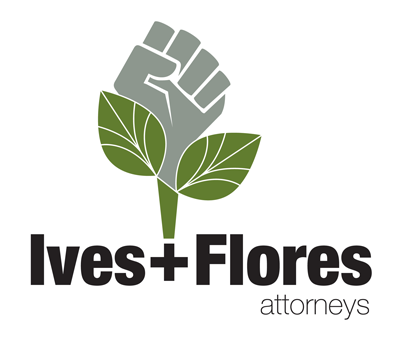Individuals and organizations that operate on behalf of the public are subject to numerous rules. There are laws at the federal level that apply to government entities and employees, as well as numerous New Mexico state statutes ensuring the rights of the public.
The Freedom of Information Act ensures that members of the public can review most public records, including records of trials and police investigations. New Mexico laws help expand on the Freedom of Information Act, and these laws apply to entities that make decisions about public policy or the rules for public organizations. Specifically, such groups are generally required to have meetings that are open to the public.
What open meeting requirements mandate
Those living in a community have a right to know how public entities act on their behalf. They have a right to understand what local authorities do on behalf of the community and how they establish rules. Open meeting requirements help ensure that the boards that run townships and other municipal authorities have rules creating both transparency and accountability.
Requirements that any major decision-making sessions be accessible to the public include providing advanced notice to those with an interest in an organization’s decision-making process. Providing access and space to attend the actual meeting is also a key component of compliance with New Mexico Freedom of Information rules. When a board, group or panel that holds local authority does not provide prior notice of key meetings and allow members of the community to access decision-making sessions, that conduct may constitute a violation of crucial New Mexico statutes.
Violations of public disclosure laws can lead to litigation or the removal of elected officials. Making sense of state Freedom of Information standards, and seeking legal guidance as necessary, may benefit those worried about local violations.
